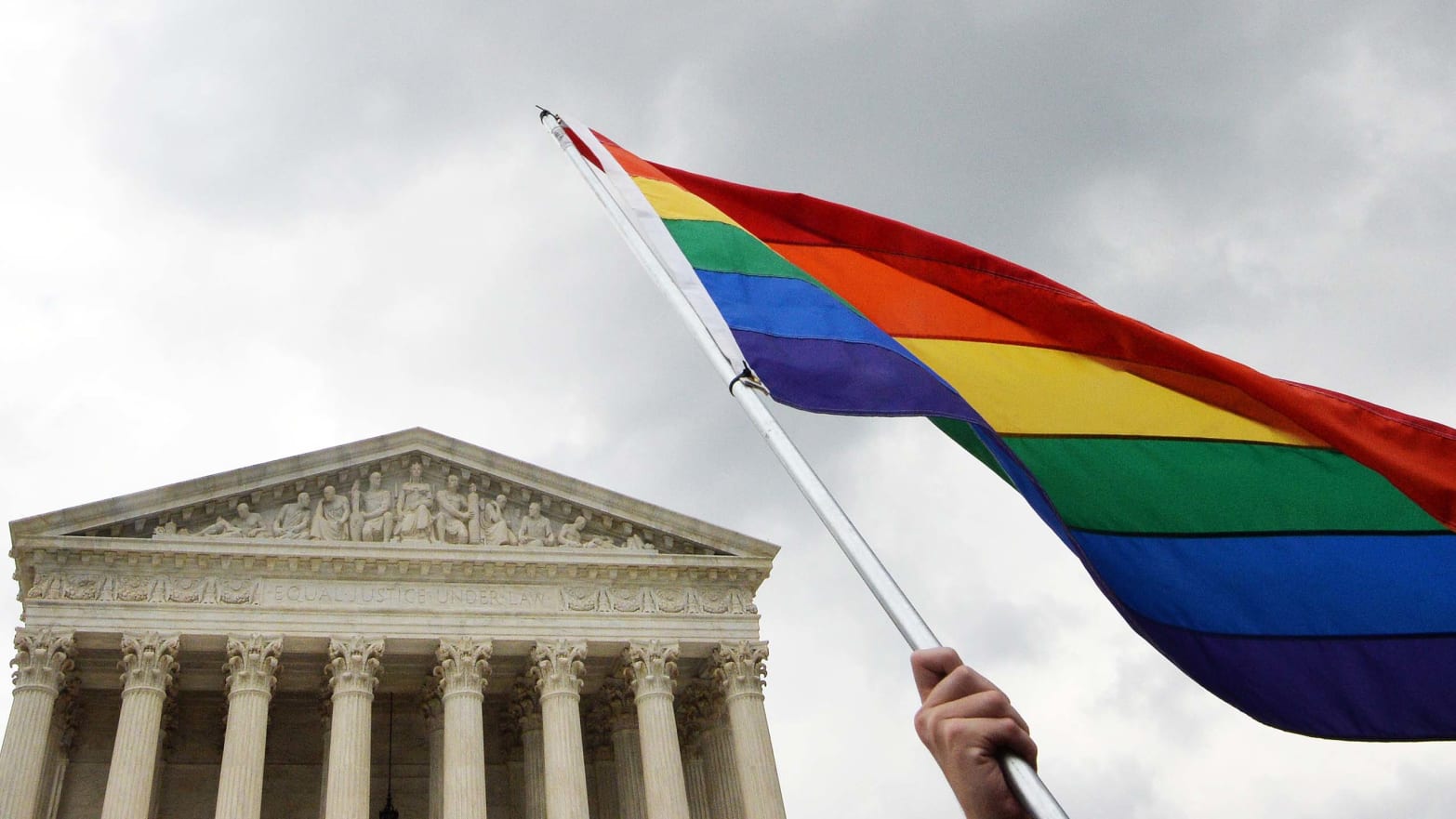
PRACTITIONER BLOG
Read our analyses of developments in Impact Litigation and stay current on class action law

Impact Fund and Allies file Amicus Brief to rebuff defamation claims in Class Action litigation
The Impact Fund and amici focused on the panel’s misunderstanding of “ascertainability,” a term of art particular to class actions. Ascertainability is the implied prerequisite that a class be defined by clear and definite terms so that a court can determine who is bound by a judgment and who is entitled to relief. Critical to the issue at hand, ascertainability is a forward-looking inquiry, asking whether a court will be able to ascertain class membership at some future point in the litigation. It has never meant that plaintiffs know who is in the proposed class at the time of filing.

Southwest flies into trouble as SCOTUS holds transportation workers exempt from Federal Arbitration Act
For decades, conventional wisdom favored an expansive, business-friendly interpretation of the Federal Arbitration Act of 1925—one that has made it easier for corporations to force workers and consumers into arbitration. But this term, in Southwest Airlines v. Saxon, the Supreme Court took a different approach. Following argument by our colleague Jennifer Bennett, the Court zeroed in on the text of the FAA—specifically, how that text would have been understood when the statute was passed in 1925—and recognized an important limitation on what types of workers can be forced into arbitration.

BROWN UNIVERSITY RE-LEARNS TITLE IX LESSON: DON’T “RILE UP” THE AMY “COHENS OF THE WORLD”
Cohen v. Brown University, which the First Circuit just referred to as “This landmark Title IX case,” started in April 1992, after the school stopped funding its varsity women’s gymnastics and volleyball teams. Eleven female athletes won precedent-setting rulings, preserved their teams, and forced Brown to comply with Title IX notwithstanding Brown violating the agreement in the open to “kill this pestilential thing.”

Impact Fund and Allies File Amicus Brief Urging SCOTUS to Protect LGBTQ Workers
LGBTQ workers are entitled to the full protections of our nation’s laws. If the Supreme Court rules that Title VII does not prohibit discrimination based on sexual orientation and gender identity, it will create an arbitrary and painful carve-out to the landmark civil rights law, leaving LGBTQ workers vulnerable to discrimination and harassment on the job. The Impact Fund and our allies urge the Court to adopt a uniform, protective standard that will fulfill Title VII’s promise of equal employment opportunity for all.

Impact Fund and Allies File Amicus Brief to Preserve Workers’ Right to Bring Class Actions Under the ADA
Workers discriminated against on the basis of disability must be allowed to join together and use class actions to pursue workplaces free of discrimination, just as Congress intended when it passed the ADA.

California Supreme Court Ponders Digital Discrimination Case, White v. Square
Along with Disability Rights Advocates and the Disability Rights Education and Defense Fund, the Impact Fund has written an amicus brief urging the California Supreme Court to recognize that turning users away through discriminatory terms of service or other actions is illegal discrimination, and that users who are deterred by discriminatory terms should be able to bring legal claims in court.

Why “Ascertainability” in Class Actions Matters: How a Kiddie Pool Could Threaten Workers’ Rights in California.
The heightened and burdensome standard for ascertainability articulated by Sotelo and applied in Noel v. Thrifty Payless, Inc. will prevent meritorious employment class actions and undermine workers’ rights. This result is at odds with California’s strong public policies favoring the class mechanism and the robust enforcement of workers’ rights.
Impact Fund and allies file amicus brief in support of rehearing in Ahearn v. Hyundai.
As explained in the amicus brief, that decision was an unwarranted departure from well-established precedent that differences between state consumer protection laws do not defeat predominance of common questions as to the defendant’s uniform misconduct. This precedent has facilitated nationwide class action settlements both within the Ninth Circuit and sister circuits for years. As the Impact Fund and their fellow amici explained, “Litigation is costly and time-consuming for plaintiffs, defendants, and the court system alike,” which has led to a “strong judicial policy” in favor of settlements. Contravening this policy, the divided majority panel “added requirements and shifted burdens” that would unfortunately operate to prevent settlement of nationwide claims.
